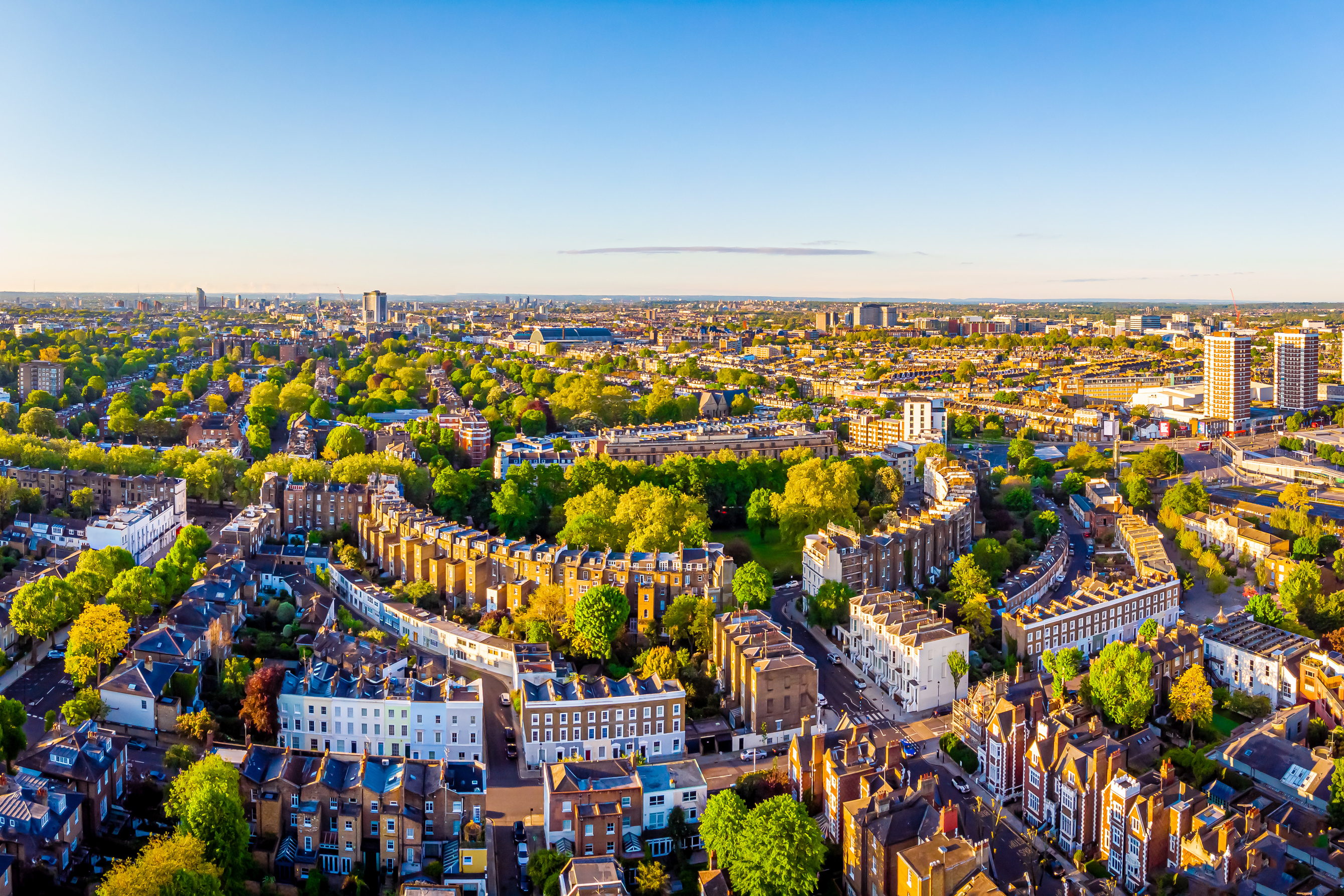Stamp Duty on Second Homes: All you need to know
Thinking of buying a second home? The recent Autumn Budget announcement by Chancellor Rachel Reeves has significant implications for those planning to buy a second home or invest in a buy-to-let property in the coming year. With changes to the Stamp Duty tax rate and adjustments to tax thresholds set to take effect in 2024 and 2025, prospective buyers will want to understand these updates and plan accordingly. Here’s a breakdown of what to expect and how you can best navigate these changes:
Key Stamp Duty changes for second homes
Starting 31 October 2024, the Stamp Duty surcharge for second homes and buy-to-let properties will increase. While buyers of main residences remain unaffected by this change, those purchasing an additional property will face an increased tax burden. Here’s how it works:
Previous surcharge: Those buying a second property would pay an additional 3% on top of the standard Stamp Duty rates.
New Surcharge: As of 31 October 2024, the surcharge will increase by 2% to 5%, adding further costs for buyers of second properties.
Important note on timing: Can I claim back second home Stamp Duty?
If you're buying a property with the intention of making it your main residence, the timing of your purchase and sale matters. Even if the new property is intended to become your primary home, you’ll still pay the 5% surcharge unless you have completed the sale of your current home before the purchase completes on the new one. However, if your old home sells within 36 months, you can apply for a refund of the surcharge.
This detail emphasises the importance of coordinating sale and purchase timelines closely if you’re planning a move to a new primary residence.
Spring 2025 brings new Stamp Duty thresholds
Another update to keep in mind is the upcoming change to Stamp Duty thresholds in Spring 2025. The current thresholds, which were raised in 2022 to help alleviate the tax burden on homebuyers, will revert to pre-2022 levels as follows:
Current Stamp Duty Thresholds (until April 1, 2025)
Up to £125,000: 0%
£125,001 to £250,000: 0%
£250,001 to £925,000: 5%
£925,001 to £1.5 million: 10%
Above £1.5 million: 12%
New Thresholds (effective April 1, 2025)
Up to £125,000: 0%
£125,001 to £250,000: 2%
£250,001 to £925,000: 5%
£925,001 to £1.5 million: 10%
Above £1.5 million: 12%
The reduction in thresholds means that purchases between £125,001 and £250,000 will be subject to a 2% Stamp Duty rate, which is currently zero. This change could add a minimum of £2,500 to transactions within that range, so buyers might consider advancing their timeline if they aim to avoid this additional cost.
Are there exemptions to paying Stamp Duty on Second Homes?
There are several exemptions to paying the higher rates of Stamp Duty on second homes. These exemptions are designed to accommodate specific circumstances where the additional tax does not apply. The following situations are exempt from the higher Stamp Duty rate:
-
Purchasing an additional home priced under £40,000.
-
Buying a second home as part of a divorce or separation settlement.
-
Acquiring a mixed-use property, such as one that combines residential and commercial purposes.
-
Replacing your main residence with another home, provided you can prove you’ve sold your previous primary residence.
-
Employers purchasing a property from an employee.
-
Properties that are deemed uninhabitable at the time of purchase.
Additionally, organisations such as social landlords and registered charities are not subject to the higher Stamp Duty rates on additional residential properties.
Understanding these exemptions can be particularly useful for navigating the costs associated with buying a second home. It is always advisable to consult a solicitor or property tax expert to confirm eligibility and ensure compliance with the rules.
Practical implications for second home buyers
Increased costs for investors: The additional 5% surcharge on second homes from October 2024 will have a direct impact on buy-to-let investors and those purchasing holiday homes.
Coordinating closely for main residence switches: If you’re buying a new property to be your main residence, it’s crucial to complete the sale of your current home before finalising the new purchase to avoid the surcharge. If the sale is delayed, remember that the refund window remains open for 36 months.
Buying ahead of the spring threshold reversion: For buyers of primary residences or second homes in the lower property bands, purchasing before the changes come into play will help lock in the more favourable Stamp Duty thresholds.
Budgeting for Stamp Duty: Stamp Duty is due within 14 days of property completion, so it’s essential to have the funds ready to avoid late payment penalties or interest. Work closely with your solicitor or conveyancer to ensure a smooth transaction and a clear understanding of your tax obligations.
With these changes on the horizon, timing will be critical for anyone planning to purchase a second home or buy-to-let property. Understanding the new rates and thresholds can help you make informed decisions about when to buy and how to budget for additional costs. Consulting with a property expert or financial advisor can also help you navigate these changes and maximise your investment strategy.
Contact us
If you're looking to move home, contact your local Guild Member to help you on your journey.





